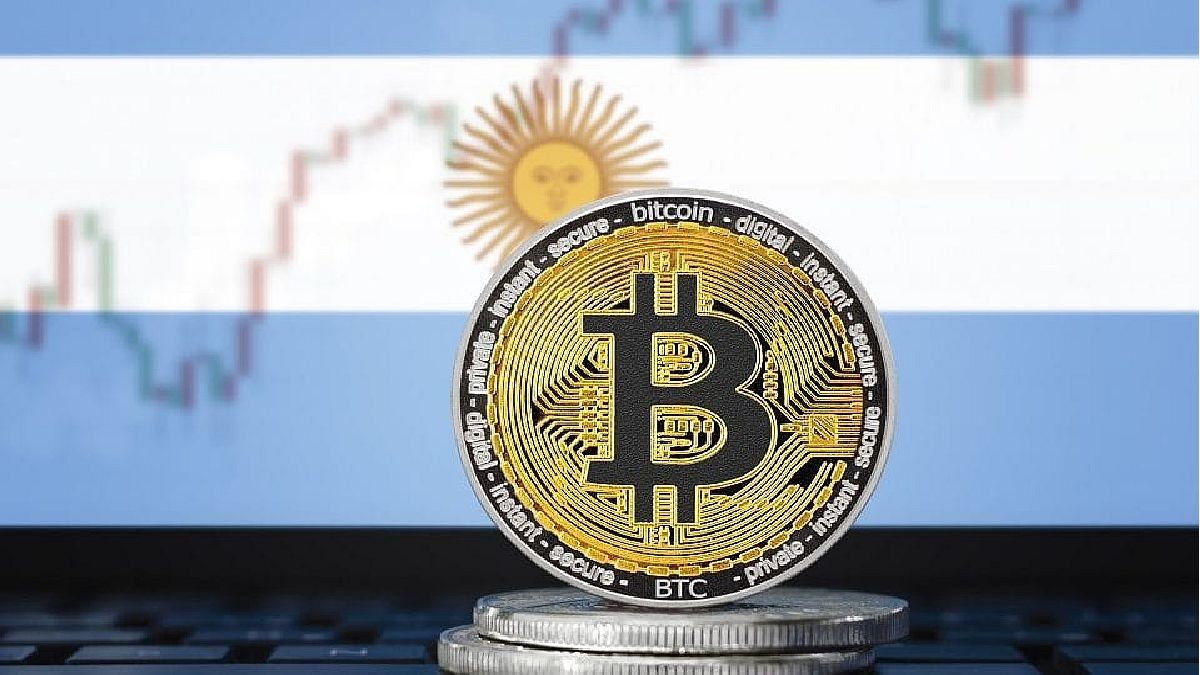This happens in the middle of the FATF visit to the country where it is carrying out an evaluation of Argentina on the policies adopted by the Government against the money laundering and terrorist financing.
In the analysis carried out by the FATF, the existence of laws regarding the prevention of money launderingas well as the powers and procedures of the competent authorities or regulators in said matter.
Consequently, it results from a high interest in the immediate implementation of the Registry of Virtual Asset Service Providers to guarantee compliance with the standards set in Recommendation (R) 15 of the FATF, in the fight against money laundering and the financing of terrorism, with regard to adaptation to new technologies, as well as their products and services related, as a consequence of the growth of transactions with virtual assets.
PSAVs must request the registration in the Registry of “Virtual Asset Service Providers” accompanying the required documentation within the 45 days from the entry into force of this resolution.
Cryptocurrency regulation: what is a Virtual Asset Service Provider
It is defined as any human or legal person who, as a business, carries out 1 or more of the following activities:
1. Exchange between virtual assets and legal tender currencies (fiat currencies);
2. Exchange between ONE (1) or more forms of virtual assets;
3. Transfer of virtual assets;
4. Custody and/or administration of virtual assets or instruments that allow control over them; and
5. Participation and provision of financial services related to the offer of an issuer and/or sale of a virtual asset.
The Registry of Virtual Asset Service Providers will include all human and legal persons who use web pages, social networks or other media, directing your offer and/or advertising to resident subjects in the Argentine Republic, who have a certain volume of operations in the country or who use any type of technology to locally receive funds from residents there.
Cryptocurrencies: what is a virtual asset
That, likewise, the aforementioned legal body defines as virtual asset to the digital representation of value that can be traded and/or transferred digitally and used for payments or investments; and, clarify, that In no case will legal tender currency in national territory be understood as a virtual asset. and currencies issued by other countries or jurisdictions (fiat currency).
Cryptocurrencies: who will be the enforcement authority
Law No. 27,739, in its article 37, determines that the NATIONAL SECURITIES COMMISSION (CNV) will centralize, as enforcement authorityin a Registry of Virtual Asset Service Providers, adequate, precise and updated information, referring to those human and legal persons who have the character of Virtual Asset Service Providers in the terms defined in article 4 bis of the Law No. 25,246 and its amendments.
The CNV will exercise all powers of supervision, regulation, inspection, inspection and sanctioncontained in article 19 of Law No. 26,831 and its amending regulations, regarding Virtual Asset Service Providers.
Also, the CNV may keep a record, grant, suspend and revoke the authorization to operate to any human or legal person that has activities linked to the Capital Market.
Cryptocurrencies: what users should know
During this stage of incipient regulation, the Virtual Asset Service Providers (the “exchanges”) They must inform the investor that registration in this registry is for control purposes as an obligated subject before the Financial Information Unit (UIF) or other organizations and It does not imply license or supervision by the CNV over its activity.
Money laundering: what rules does the FIU sanction to regulate exchanges?
In 2014, the FATF issued a report called “Virtual Currencies – Key Definitions and Potential Risks of ML/FT/PF”, related to the risks involved in virtual currencies, one of the most significant being anonymity, which hinders the traceability of operations.
Based on this, the FIU established that exchanges must pay attention to the risk involved in operations carried out in virtual currencies, providing for “reinforced” monitoring of these in order to evaluate whether they fit the profile of the client who carries them out. in accordance with the know your customer policy they have implemented.
The FIU with jurisdiction in the Ministry of Justice will be in charge of the analysis, processing and transmission of information to prevent money laundering and the financing of terrorism, and will be able to give the directives and instructions that the exchanges must comply with to operate.
Then it is necessary to regulate the performance of Virtual Asset Service Providers as new Obligated Subjectsin order to establish the obligations that must be fulfilled to identify, evaluate, monitor, manage and mitigate risks in accordance with the standards, good practices, guides and international guidelines currently in force, in accordance with the Recommendations issued by the FATF.
Source: Ambito
I am a 24-year-old writer and journalist who has been working in the news industry for the past two years. I write primarily about market news, so if you’re looking for insights into what’s going on in the stock market or economic indicators, you’ve come to the right place. I also dabble in writing articles on lifestyle trends and pop culture news.




